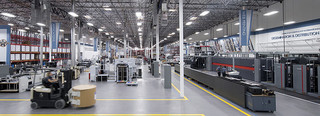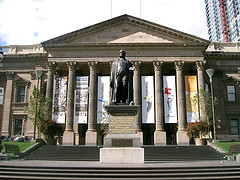U.S. Businesses Want Better Internet

The Internet has been in the news a lot lately — net neutrality will remain the same and the Comcast-Time Warner Cable merger has been put at bay. However, there is still a major problem with Internet in the U.S. Most of the internet infrastructure across the country is outdated and slow. U.S. businesses want better. They use the Internet every day to connect with customers, track orders, and request fulfilment from their suppliers and logistics providers. However, the Internet quality and speed is poor compared to other industrialized countries.
The Internet has a complex structure that has morphed a lot since its inception. There are physical wires and cables as well as wireless towers and servers located around the world. All of the information they store must get to people somehow, which is why you must subscribe to an internet provider. The problem is that the internet providers are behind the times and are not able to offer the speed and quality that U.S. businesses desire. Plus, they charge outrageous rates just because they can.
Most internet providers still use the same copper cables that were used to carry the first telephone calls. That’s obviously a problem when users are trying to do something like stream videos or access large databases for their businesses. Those cables weren’t built to handle these activities and it leads to slow load times and frustrated users.
The solution is fiber optic cables because they can carry 100 times the bandwidth of standard copper cables, and they allow data to travel more quickly. For U.S. businesses to stay ahead of the curve around the world, they need access to better internet through fiber optic cables to maintain speed from procurement to fulfilment. Several companies, including Google, are working on new infrastructure, but the process is slow and most large cities still do not have widespread access to fiber optics. It is essential for all businesses, especially logistics.




